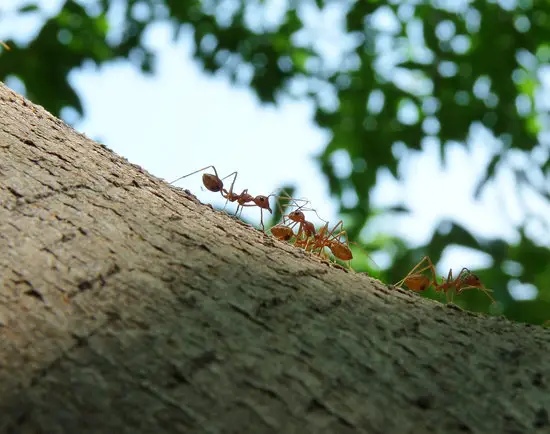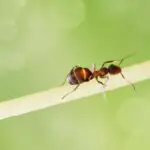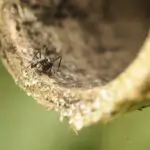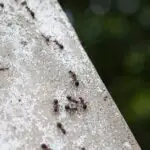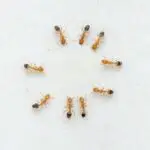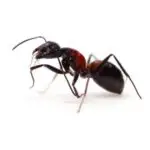How Do Ants Smell?
Unlike most insects, ants have a very sophisticated sense of smell. They use their antennae instead of noses to sense chemicals in their surroundings.
The antennae are covered in special cells that produce proteins to bind to odor molecules. These proteins carry the pheromones into the insect’s nervous system.
Ants’ antennae are equipped with three types of receptors. These receptors, called chemoreceptors, detect chemical signals. The antennae also contain sensors called sensilla that pick up pheromone molecules. Pheromones are chemical aromas that allow ants to maintain different roles in a colony.
These pheromones allow ants to sense predator attacks and recognize their caste members. They also allow ants to navigate to a food source. The pheromones travel through the ant’s nervous system and cause an electrical impulse that reaches the ant’s brain.
Scientists believe that ants’ sophisticated sense of smell is a necessity for their survival. In addition to detecting and releasing chemicals in mating signals, ants also use their olfactory receptors to identify and track different types of food. Ants also release odorants when they die.
Ants have specialized cells called sensilla that pick up pheromones and release proteins into their nervous system. These proteins travel through the insect’s nervous system and enter the ant’s brain.
These proteins help ants identify chemicals and detect their odors. Pheromones are also responsible for the unique aroma of ants. Some people think that ants smell like blue cheese, while others say that ants smell like rotten coconuts.
